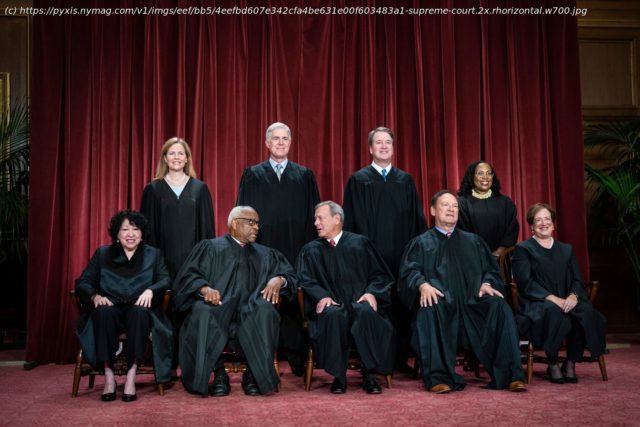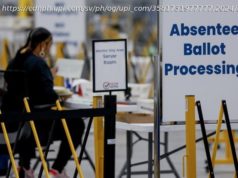There’s no chance of a trial before the election. And a president (probably) cannot order SEAL Team Six to assassinate a political rival and get away with it, writes legal columnist Elie Honig.
We now have the Supreme Court’s immunity decision and — wow.
In large part, it’s what we expected and forecast in this space. But the Court’s opinion expands presidential power (and bolsters Trump’s legal defenses) substantially more than anybody reasonably predicted.
There’s a lot here, so let’s break down today’s decision. Here are the biggest takeaways.
Criminal immunity exists. This is, in itself, a headline. We’ve recognized civil immunity — protecting federal officials from lawsuits for their official, on-the-job actions — since the 1982 Supreme Court decision Nixon v. Fitzgerald. But, until today, it remained an open question whether there even was such a thing as criminal immunity. Now we know: There is.
Criminal immunity is not “blanket” or “absolute” — but it’s pretty darn broad. This has mostly been a problem of nomenclature. It’s easy to scoff at a claim that a president is immune (absolutely!) for everything he does from the moment he takes the oath of office at noon on January 20 until his term ends four years later. But, in reality, Trump’s team made no such argument to the Supreme Court, though it did (unwisely) float it below. Rather, his team argued for a more limited form of criminal immunity, which the Supreme Court has now accepted and then some. He’s immune, in many circumstances (more on this in a moment) — but no president or former president has all-encompassing, “blanket” coverage.
It all depends on whether the president’s actions were official or unofficial. As expected, and roughly parallel with civil immunity, a president is criminally immune for official acts taken within the scope of the job. But there are two crucial kickers here.
First, the Court will construe the job description quite broadly in the president’s favor. According to the decision, the boss is immune for anything within “the ‘outer perimeter’ of the President’s official responsibilities, covering actions so long as they are ‘not manifestly or palpably beyond his authority.
Home
United States
USA — Political 6 Takeaways From the Supreme Court’s Decision on Trump and Presidential Immunity






